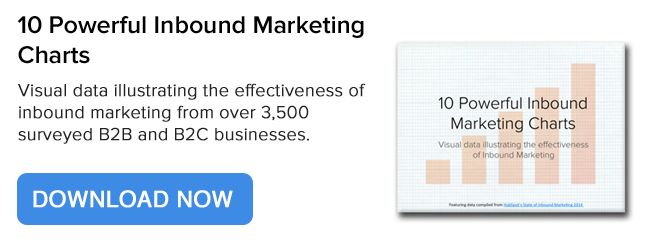Advent—Not Advert
A local car dealer made a huge mistake when mailing a Christmas card to our house. It came in a simple Christmas-red envelope, with a look similar to all the other Christmas cards in the mail. The return address even appears to be residential.
What did we see when we opened the envelope?
Ok… Seasons Greetings from Audi. I get that. I have done business with Audi. There are two Audis in our driveway. We are happy with both of them. We might expect a greeting from our Audi dealer.
But open the card.
I feel used and abused. Inside is an ugly ad from a competing Audi dealer. This is not a Christmas greeting. It’s an advertisement. And it is downright ugly.
What’s wrong with this picture?
First, this dealer has taken to trickery to get us to open the envelope. Which we did. Car dealers (and car warranty companies) have tried all kinds of tricks to get their envelopes opened. They disguise the envelopes. And humans don’t like to be tricked (unless they are watching a magician, in which case we actually want to be tricked. But that’s another story).
Second, this dealer has taken to using Christmas, a religious holiday, to carry out their trickery. So not only am I feeling resentment for being tricked, but now I’m frustrated with this dealer because they used a warm expression and slashed it with cold marketing.
I have shown this card and its envelope to people of all ages. The universal response is: “that’s terrible! I can’t believe it!” or some other similar response.
This is an example interruption marketing at what must be one of its lowest points. (I can think of lower forms of interruption marketing, but this one ranks among the lowest).
This type of advertising will not last forever. I get the sense that the people I have shown this to would go out of their way to avoid doing business with this dealer if this card shows up at their house.
Smart companies are already realizing that their marketing cannot resort to trickery. Those in the know have already turned to attracting customers instead of repulsing them.
How could this Audi dealer have done things differently?
When I am in the market for a new car, I’m going to start doing research.
Where will I start?
- The Internet. I’m going to search Google, Bing, Yahoo, DuckDuckGo, etc.
- Social Media (Facebook, Twitter, Google+, LinkedIn, etc.).
- Word of mouth (friends, neighbors, trusted car enthusiasts).
What am I going to find?
I will find those companies creating content that educates me. I will find more than the best deals, I will find those companies that are providing information that is useful to me.
Smart companies have begun to use Inbound Marketing or Content Marketing to get their names at the top of Internet searches. They are busy creating useful content for visitors to find. They are becoming thought leaders in their industry.
I don’t know if I would have known about this dealer without this advertising piece. That doesn’t matter. It’s actually worse for them to have sent this advertising piece to me. I have a highly negative feeling about them already. I will avoid them from now on.
Trusting a car dealer is already a difficult and high barrier. But if they will trick me with Christmas, what other trickery can I expect from these people? I’m not willing to take that chance.



